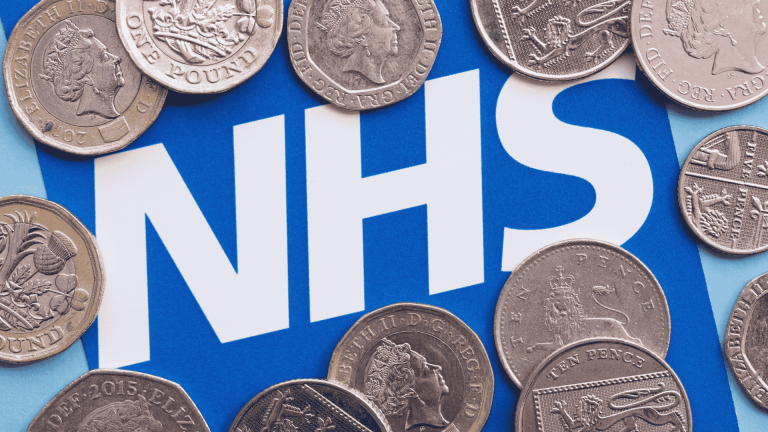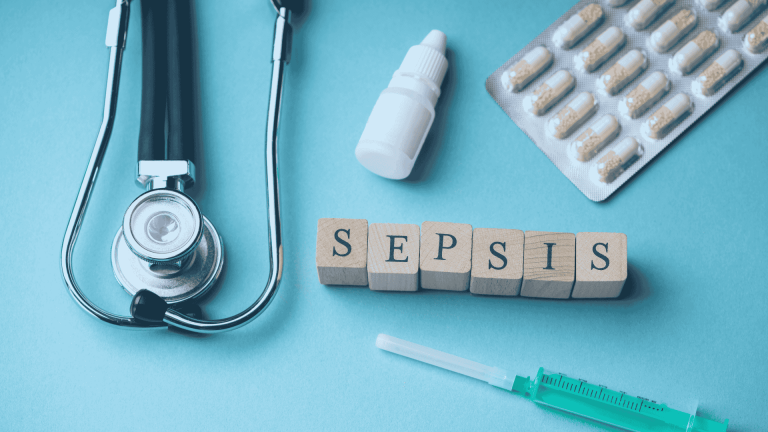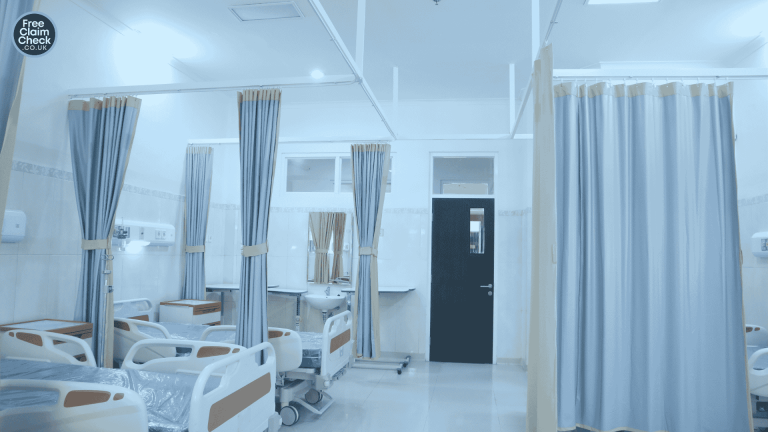Medical negligence by the NHS can have life-altering consequences—and if you or a loved one have experienced it, you’re not...
Other Claims We Assist With:
Unsure if you can make a claim?
Other Info:
Policies & Terms
Our technology is powered by:
FreeClaimCheck.co.uk is a trading style of Premier Legal Assist Limited which is a claims management firm registered in England and Wales Company No. 07531982 and registered office address: Ivy House 20 London Road, Woore, Crewe, England, CW3 9SF.
Premier Legal Assist Limited is authorised and regulated by the Financial Conduct Authority (FRN: 835490)
Copyright © 2025 FreeClaimCheck.co.uk. All Rights Reserved.












